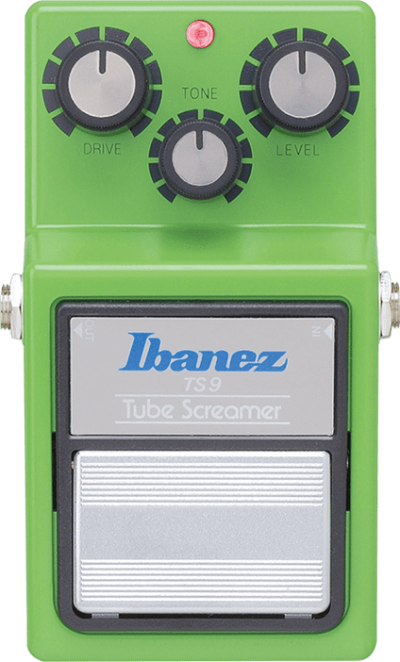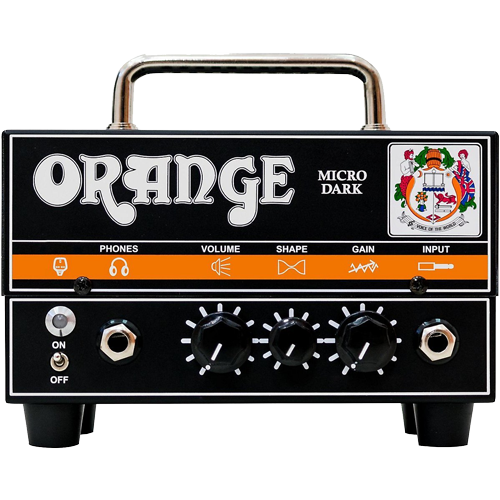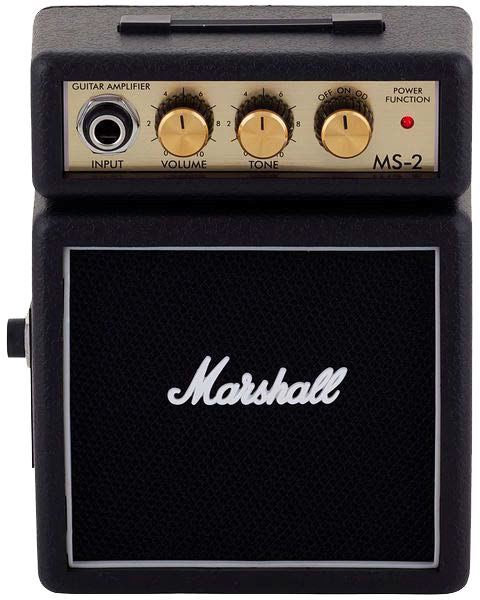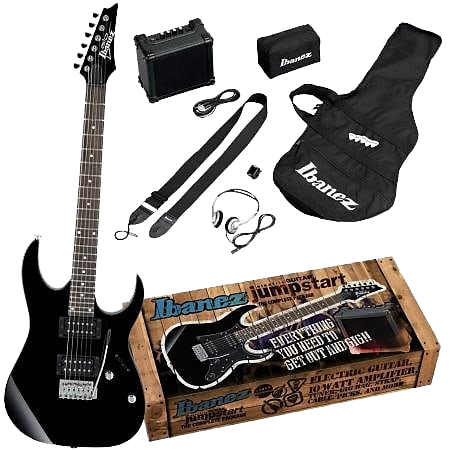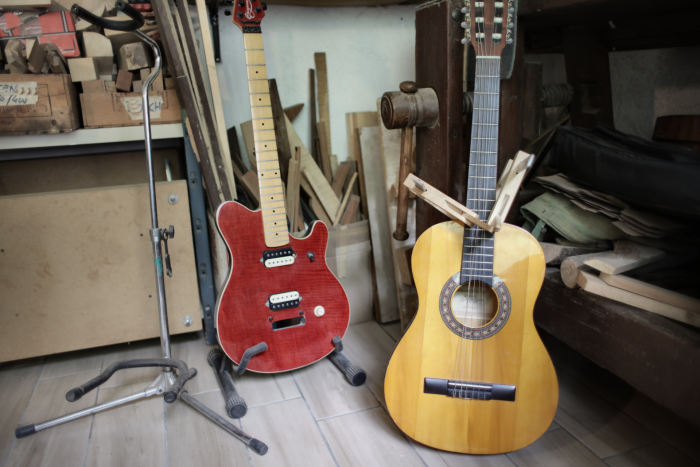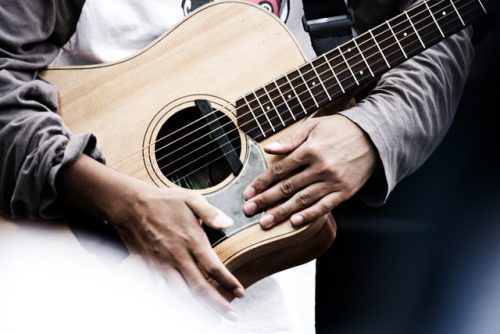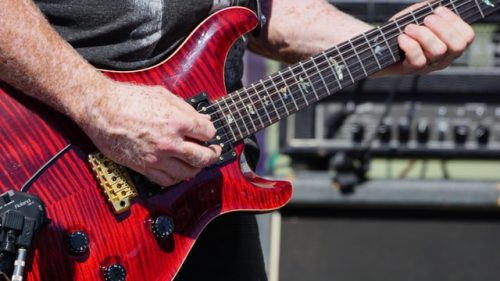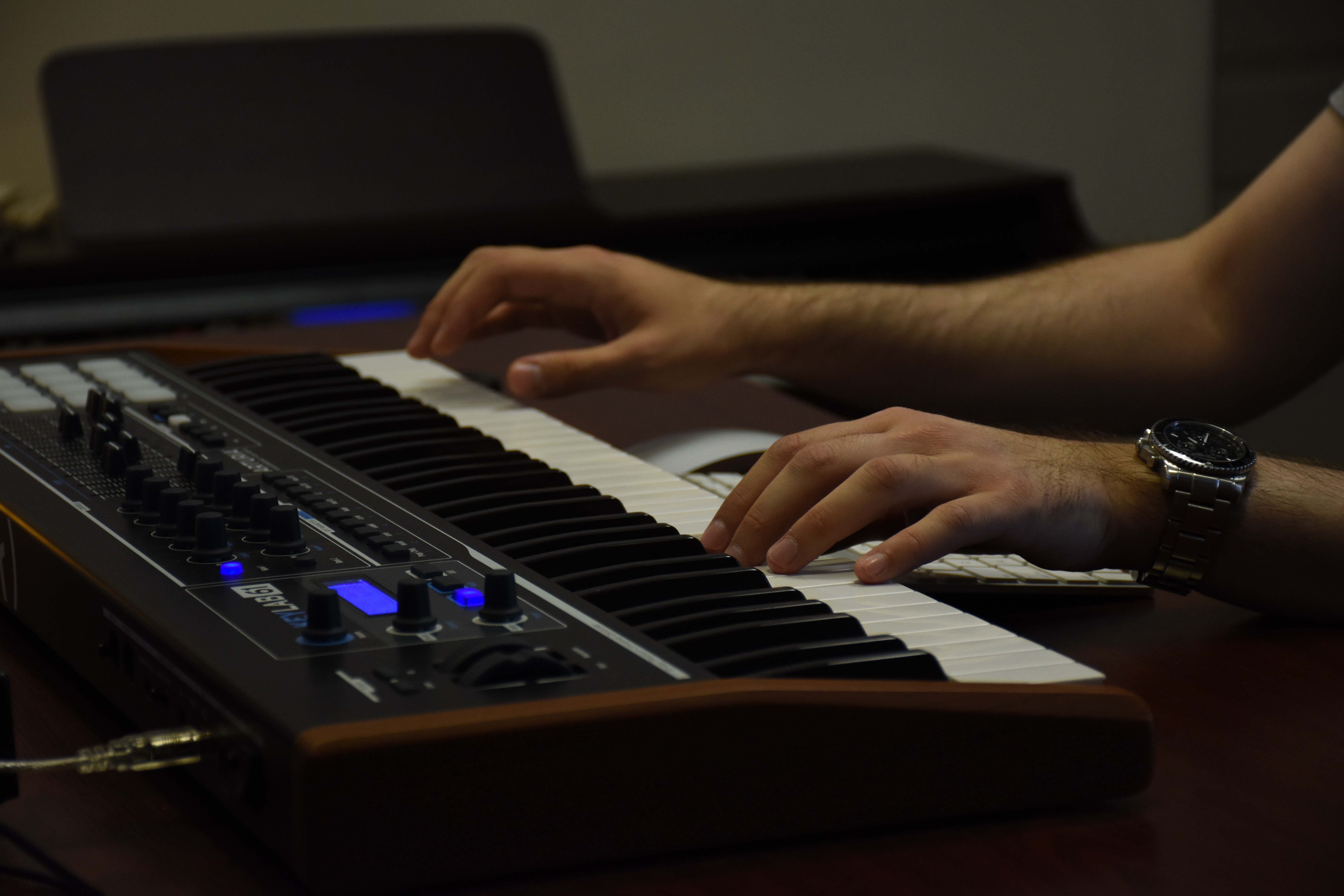
If you have a home studio, you’re definitely going to want to add a MIDI controller to your arsenal. But with so many options out there, where do you start? Well, you’re in luck: we’re going to cover five of the best MIDI controllers on the market for your home studio.
1. Akai MPK Mini MK3
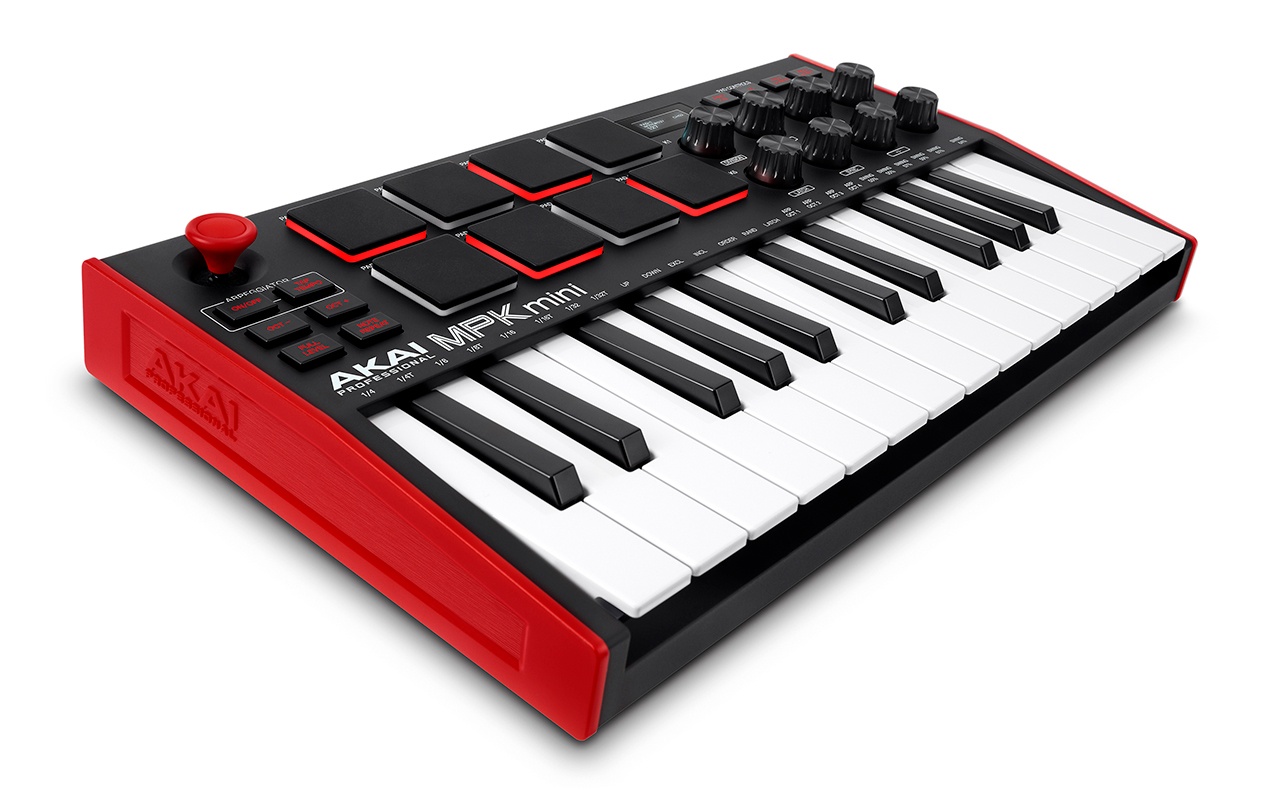
For beginners on a budget, the Akai MPK Mini MK3 is a great entry-point into the world of pro music production. Highly portable and feature-loaded, this is everything a beginner needs in a MIDI controller. This MIDI controller has topped the sales charts for years, for good reasons.
Some of its notable features 8 knobs to tweak software parameters, a four-way joystick for pitch and modulation control, the built-in arpeggiator, and eight MPC performance pads.
A drawback of this keyboard is that it only comes with 25-keys, but it will be suitable and cost-efficient for the beginner.
2. Novation Launchkey Mini MK3

For Ableton Live users, there is no better option at this price point than the Novation Launchkey Mini MK3. This small powerhouse boasts many features, including Fixed Chord mode, a controllable arpeggiator, 16 velocity-sensitive RGB, 8 rotary controls, pitch and mod touch strips, and sustain input. Other size variants are available should you want something with more keys, including 25-, 37-, 49-, and 61-key options. This controller was specifically made for Ableton Live users, so you probably wouldn’t want to go with this option if you use a different DAW software.
3. M-Audio Keystation 49/61 MK3

M-Audio has been producing MIDI controllers for decades, producing some of the best-selling keyboards worldwide. The Keystation 49 is one of these bestsellers. Although the keyboard looks simplistic, it is loaded with features perfect for a home studio. Namely, these features include 49 full-size keys, pitch, modulation, and octave controls.
It also comes with a comprehensive software bundle, including Ableton Live Lite and Pro Tools First (M-Audio Edition). Also included are three AIR virtual instruments, including AIR Music Mini Grand, AIR Music Velvet, and AIR Music Xpand!2. The Keystation MK3 also comes in a 61-key variant for those who want the extra keys.
4. Alesis V25

The Alesis V25 is an easy-to-use, compact controller. Its features include 25 full-sized, square-front keys, eight LED backlit touchpads with velocity and pressure sensitivity, 4 assignable knobs and 4 assignable buttons, pitch and mod wheels with expressive control and seamless visual feedback from the illuminated buttons and knobs. Like the Akai MPK Mini MK3, a downside is that there are only 25 keys, but it has all of the features you need without the space required for larger keyboards. Also included are software bundles with Ableton Live Lite (Alesis Edition) and MIDI editor programs.
5. Arturia MiniLab Mk II
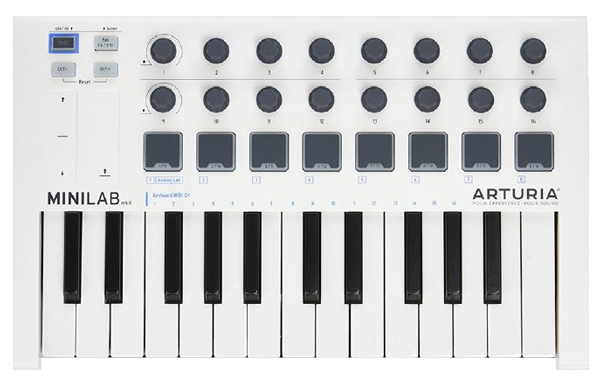
The Arturia MiniLab Mk II is a compact keyboard with impressive features, specifically designed for electronic musicians. Its arsenal includes 25 velocity-sensitive keys, 2 banks of 8 high-quality velocity & pressure-sensitive pads with RGB backlighting, 16 rotary encoders, and 2 capacitive touch sensors for pitch and modulation control. It also comes with a software bundle that includes Ableton Live Lite, Analog Lab Lite, and UVI Grand. This keyboard may only have 25-keys, but it has many versatile features, making it perfect for the electronic musician who wants a compact controller.
If you’re looking for a MIDI controller for your home studio, any of these listed are a great option. Still undecided? Take a look at controllers.cc. You can specify your MIDI controller needs and it will narrow down a list of appropriate choices for you. Then, take a look at our wide selection of MIDI controllers and find the best one for you.


